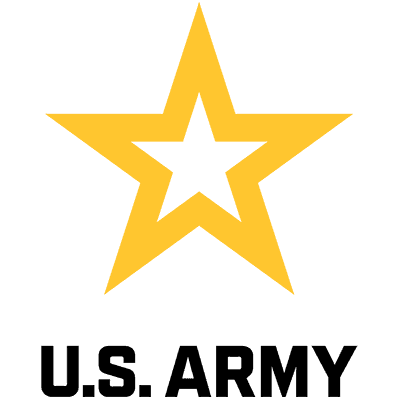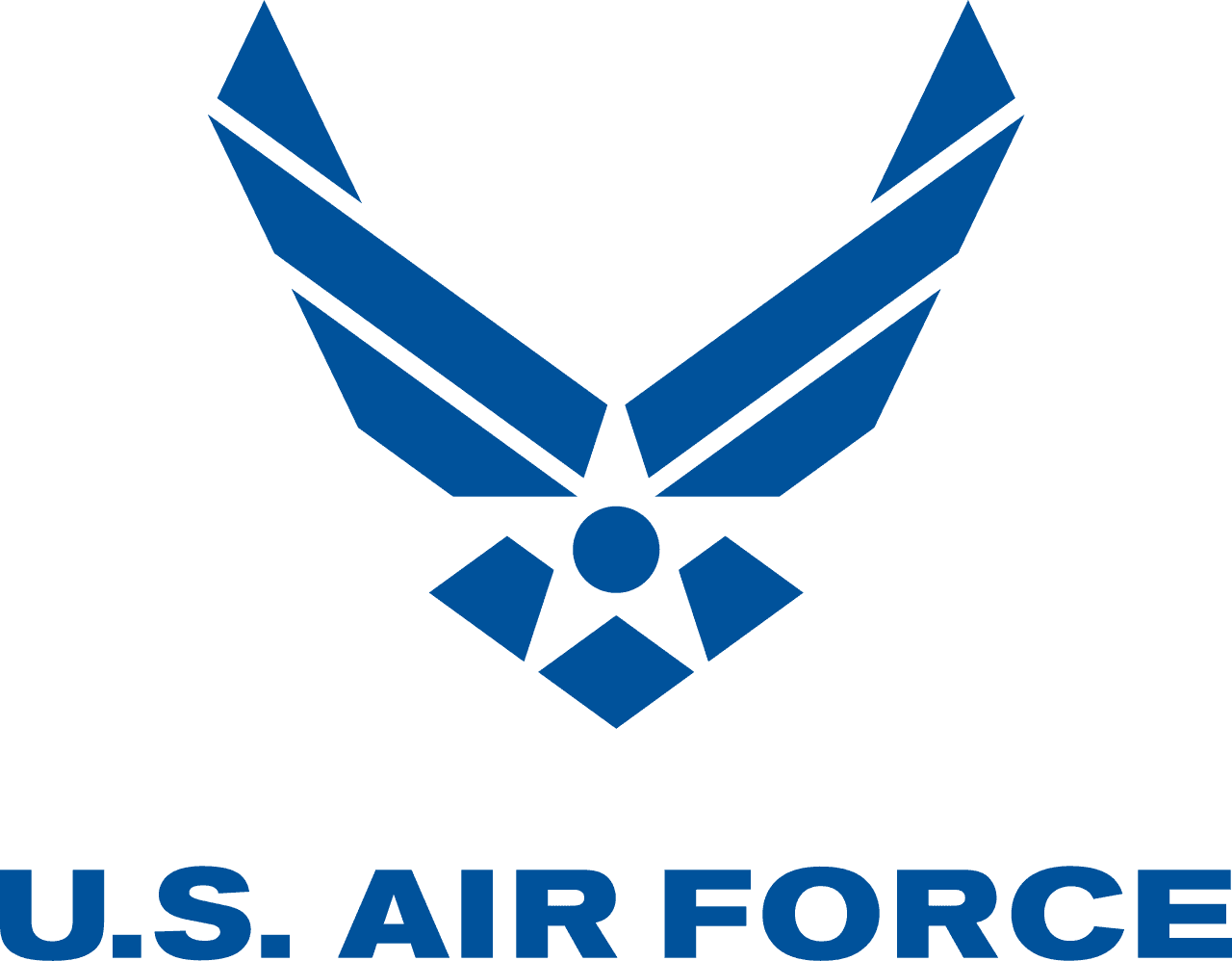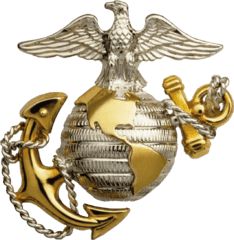Military Firefighters
Overview
What are the responsibilities of this role?
Military firefighters do much more than fight fires. They also perform inspections to minimize fire dangers, provide first aid to accident victims, and respond to hazardous materials spills. They assist civilian fire departments when needed.
What is the work environment like?
Firefighters work indoors and outdoors while fighting fires. They are exposed to the smoke, heat, and flames of the fires they fight.
How many people have this role in the Military?
2,856
Compensation
Understanding How Military Pay is More Than Just a Salary
Base pay is the standard income you’ll earn as a service member, providing a stable foundation to start achieving your financial goals.
- Always fixed based on rank and service time.
- Distributed monthly.
What is the typical salary range?
$52,024
$70,744
$91,682
Military Details
What Service Branches offer this role?
Is this a staff or leadership role?
What does the training for this role entail?
All enlisted service members complete basic military training, which includes time spent in a classroom and in the field, and covers tactical and survival skills, physical training, military life and customs, and weapons training. Firefighters will gain skills through classes and on-the-job experience, including practice in fighting fires. Training content may include:
- Firefighting systems and equipment operations
- Techniques for fighting various types of fires
- First aid and rescue procedures
- Use of protective equipment
- Dispatching procedures
- Damage control
- Fire inspection and prevention
Education
What level of education do professionals in this role have?
Which college majors best prepare you for this role?
- Fire Protection, Other
- Fire Science/Fire-fighting
- Fire Prevention and Safety Technology/Technician
- Wildland/Forest Firefighting and Investigation
- Environmental/Natural Resources Law Enforcement and Protective Services
Learn About How Military Can Pay for 100% of your College Degree
Skills and Interests
What knowledge is essential to bring to the table?
- Customer and Personal Service
- Public Safety and Security
- Education and Training
- Psychology
- Mechanical
What personality traits help people thrive in this role?
You love hands-on work and solving practical problems — like fixing things and building stuff.
RIASEC represents six broad interest areas—Realistic, Investigative, Artistic, Social, Enterprising and Conventional—helping individuals identify careers that match their skills and preferences.
Take the RIASEC TestData supplied by Bureau of Labor Statistics, National Center of Education Statistics, Defense Manpower Data Center (View our update schedule). Contact any business, college or military service branch to answer additional questions.



